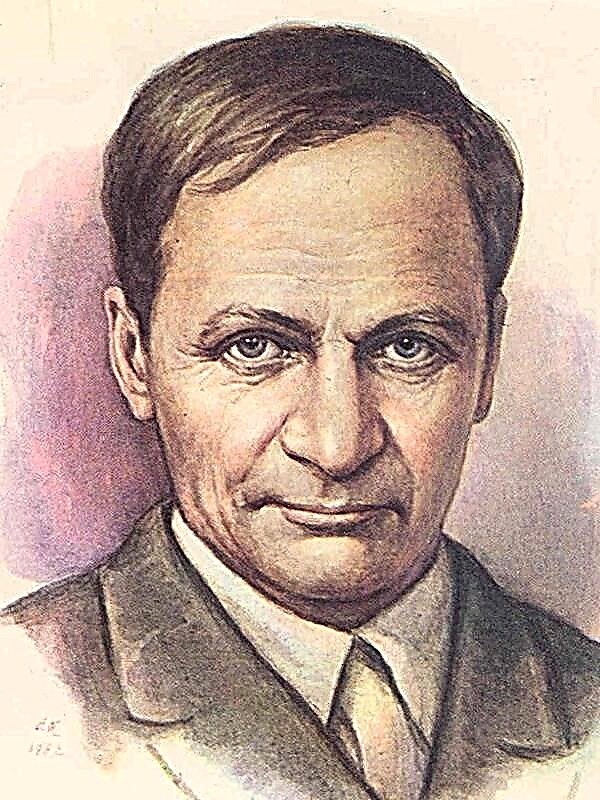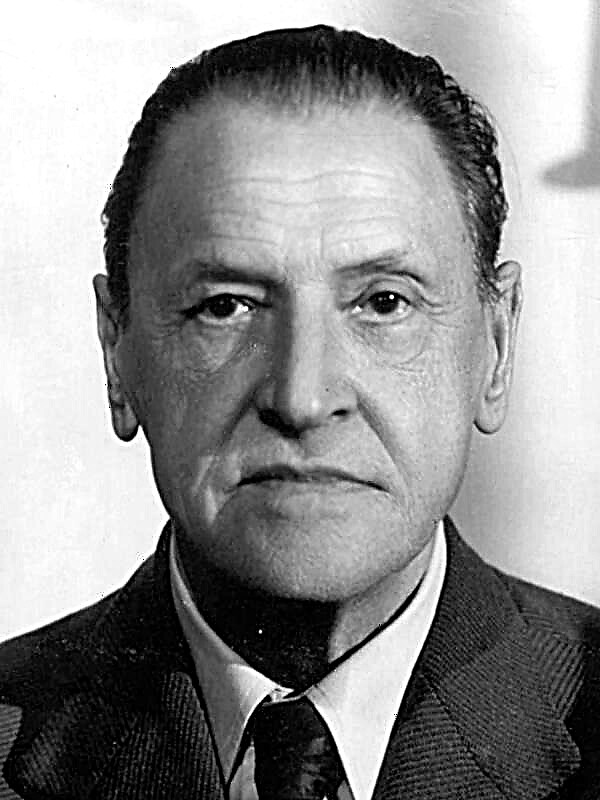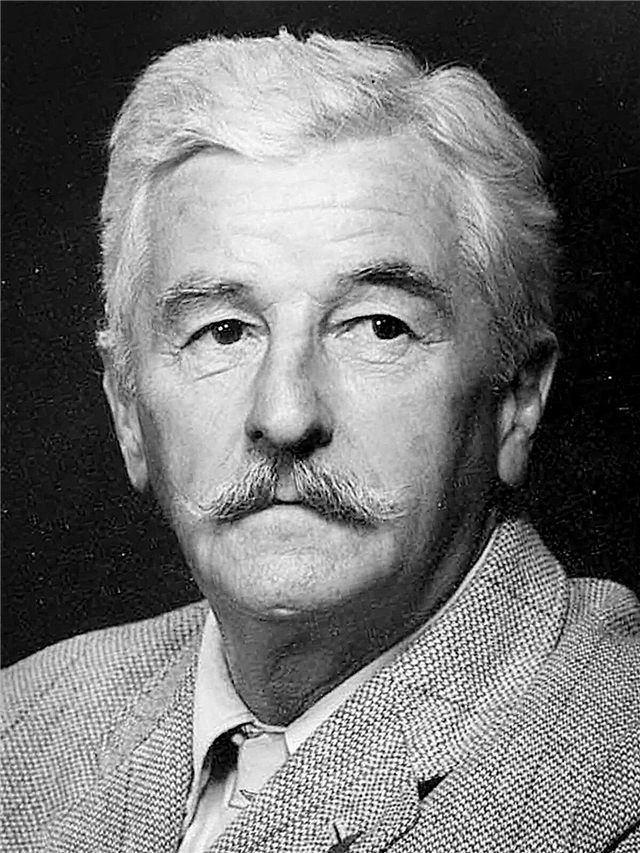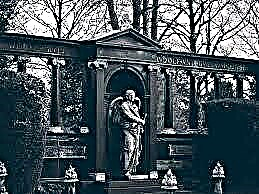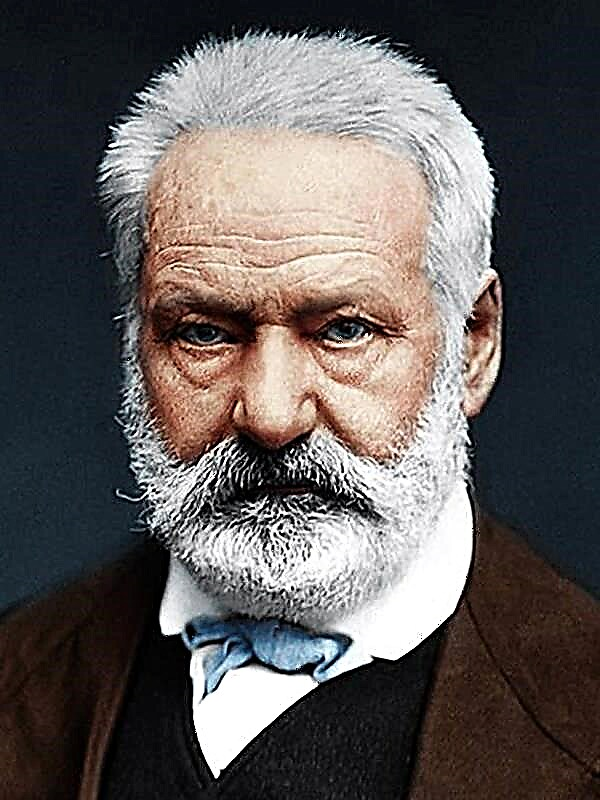Lord Oswald Nelville plans to spend the winter in Italy and at the end of 1794 leaves Edinburgh. Handsome, with a noble appearance, he is endowed with great intelligence and at twenty-five years of age possesses substantial wealth. But despite the brilliant position in society, Lord Nelville is burdened by life. He is constantly tormented by the thought that his father died, and at that time he was far from his native home and did not receive a parental blessing. Nelville’s condition “is all the more painful because the liveliness of youth” is combined in it with the “habit of thinking inherent in a different age”.
On the way to Rome, Oswald Nelville stops in Ancona, where he witnesses the fire and panic that gripped the inhabitants of the city. Nelville rushes to save people and with his heroism deserves universal admiration. Confused, he leaves the city under cover of night.
Until the very Italian capital, the lord is in a state of apathy. Arriving in Rome, he witnesses the triumph of Corinna - a brilliant poet and charming woman. Corinne's improvisation at the Capitol captures Nelville, and he "so vividly expresses his enthusiasm that he surpasses the Italians themselves."
Corinne also notices how admirable the impassioned Englishman is standing in the crowd, and soon Nelville receives an invitation to the poet's house. Oswald discovers in the charming Italian the abyss of “a completely new charm for him”, “love of the arts and knowledge of the light, subtlety of understanding and depth of feelings”. He is so captivated by Korinna that he forgets his judgments that a woman is befitting to keep a low profile.
Gradually, the meetings of Corinne and Nelville become frequent, they roam around Rome together, admiring its magnificent ruins. Corinne secretly hopes that she will succeed in winning Oswald’s heart, but knowing his restraint and the severity of his rules, she does not dare to openly express her disposition to him.
Feeling the ever-increasing power of the charm of the beautiful Italian, Nelville begins to be tormented by doubts. He feels that his father would not approve of the marriage with Korinna, especially since before his death he expressed the wish that his son marry the daughter of his friend, Lucille Egermon, who was then only twelve years old. Oswald does not want to violate the will of the deceased. In addition, he does not know either the real name of Corinna, nor her past, he only knows that she is rich and leads an independent lifestyle.
Nelville decides to leave Rome. But, having gone goodbye to inspect the Colosseum in the moonlight, among the ruins he meets Corinne and realizes that he is not able to part with it.
Oswald’s love for Corinne grows every day, he is jealous of many admirers of her talent, however, being unsure of his own feelings, he does not dare to ask Corinne to tell him the secret of her origin. Nelville painfully perceives Corinna's successes in society, with an arrogance the Englishman reproaches her for the fact that Italian women are too greedy for entertainment. With her inherent intelligence and tact, Corinna stands up to defend her beloved country and its people.
Mr. Egermon, a relative of Lucily, arrives in Rome and asks Nelville to introduce him to the famous Corinne. The beautiful Italian at first refuses to accept him, which incredibly surprises Nelville, but then changes her mind and conquers compatriot Oswald with lively conversation and deep knowledge of both Italian and English literature. When it comes to Shakespeare, Corinne, prompted by Mr. Edgeremon, agrees to play Juliet in English in the tragedy of Romeo and Juliet.
Corinna’s game shakes Oswald, he wants to swear eternal love to the girl, but she asks him not to rush, because she understands that he will do it under the influence of a momentary impression. Loving Oswald, Corinne does not dare to tell him her story, as she is afraid that he will immediately leave it.
Offended by Corinna's restraint, Nelville is about to depart for Naples. Corinna invites him to accompany him, hoping that such a serious proof of her love will calm him.
Friends dissuade Corinne from such a step, remind her that she will ruin her reputation, but she loves Oswald too much and is ready for anything, just not to be separated from him.
In Naples, Nelville tells Corinne about himself. A loving father prepared his son for a military career, however, before joining the service, the young Nelville makes a trip to France, where he meets a charming young widow. The widow turns Nelville into her “obedient slave,” he is ready to marry a Frenchwoman against the wishes of his father, and only the difficulties arising from the turmoil in France prevent him from committing this act. Nelville returns to England and finds out that his father died. Since then, the young lord has been inconsolable.
The lover Oswald gives Corinne a ring inherited from his father. Excited, she agrees to accept him, but promises to return him as soon as Oswald asks him for her back. Corinne then hands him the manuscript, which sets out her story.
It turns out that Corinna is the daughter of Lord Edgermon and Italian, the first wife of the Lord. Corinna's mother died when the girl was ten years old. Until the age of fifteen, Corinna was brought up in Italy, and then lived with her father in England, in the county of Northumberland. By this time, Lord Edgermon would marry a dry and stiff Englishwoman, completely subduing him.
Corinna's talents, according to her stepmother, are not needed by anyone. The cold and "soul-draining" English province depresses a girl who grew up under the sultry sun in an atmosphere of respect for fine arts. The only joy for her is the little sister Lucille, to whom she gives lessons in Italian and painting.
The father wants to marry Corinne to the son of his friend, Lord Nelville, that is, Oswald. But Oswald's father, who came to meet his future daughter-in-law, finds her “too lively” and tells a friend that his son is still young for such a marriage.
Suddenly, the father of Corinna dies, and now nothing connects the girl with the house. Having abandoned her name, she leaves England. The stepmother declares her dead.
Corinna settles in Rome, is engaged in literature and arts. Having preferred two people madly in love with her, she, however, is convinced that she has never had a real feeling for anyone except Oswald. And yet she did not want to marry him, fearing that he would ever regret the lovely Lucily, destined by his father for his wife. Corinne loves Oswald, and love does not recognize obligations.
Oswald decides to go to England and find out why his father was against his marriage to Corinne. As soon as he stepped on his native land, the young man felt "inclinations and habits soaked with mother's milk." Oswald meets Corinna's stepmother. He sees with surprise that the girl Lucille has turned into a real beauty, brought up as a true Englishwoman. And when he compares two sisters, his conclusions are by no means in favor of the eldest.
Oswald learns that his father considered Corinne too active for a woman and was afraid that the young Italian would take her son away from England, with the way of life of which she could not reconcile. Thus, Oswald would lose the honor of serving the homeland. Fulfilling the will of his father, Oswald refuses the idea of marrying Corinne.
Meanwhile, Corinne, having no news from Oswald, arrives in England and sees how Oswald appears everywhere with Lucille. Corinna realizes that Nelville fell in love with her sister. She returns the ring to him, attaching a note to him with the words: "You are free." Offended by such a message, Nelville asks Lucille's hand.
Upon learning of the upcoming marriage of Oswald, Corinna is seriously ill and, barely recovering, leaves for Italy. There she settles in the vicinity of Florence. But there is no former interest in life in it; it is slowly fading away.
Oswald accidentally learns that Corinne visited England, saw everything and, not wanting to disturb him, left, taking all her grief with her. Oswald is in despair, he is leaving to fight in the New World.
A few years later, covered in glory, he returns home, where his wife and young daughter are waiting for him. Soon, Lady Edgermon, mother of Lucily, dies. Under the pretext of a health amendment, Oswald decides to travel to Italy. Lucille and his daughter accompany him.
Arriving in Florence, Oswald seeks to see Corinne, but she refuses his date. Severely ill, she performs with improvisation for the last time - says goodbye to Lord Nelville and Italy, dear to her heart. After performing on stage, Corinne becomes ill, and she dies.
Lord Nelville falls into deep despair, "at first they even feared for his reason and life." Then the “sense of duty” returns him to his family, he is known as an impeccable family man and a moral person. “But did he forgive himself for his past misconduct?” Was he satisfied with ordinary fate after everything that he had lost? This is unknown to the author, and therefore he does not want to either condemn or justify him.


